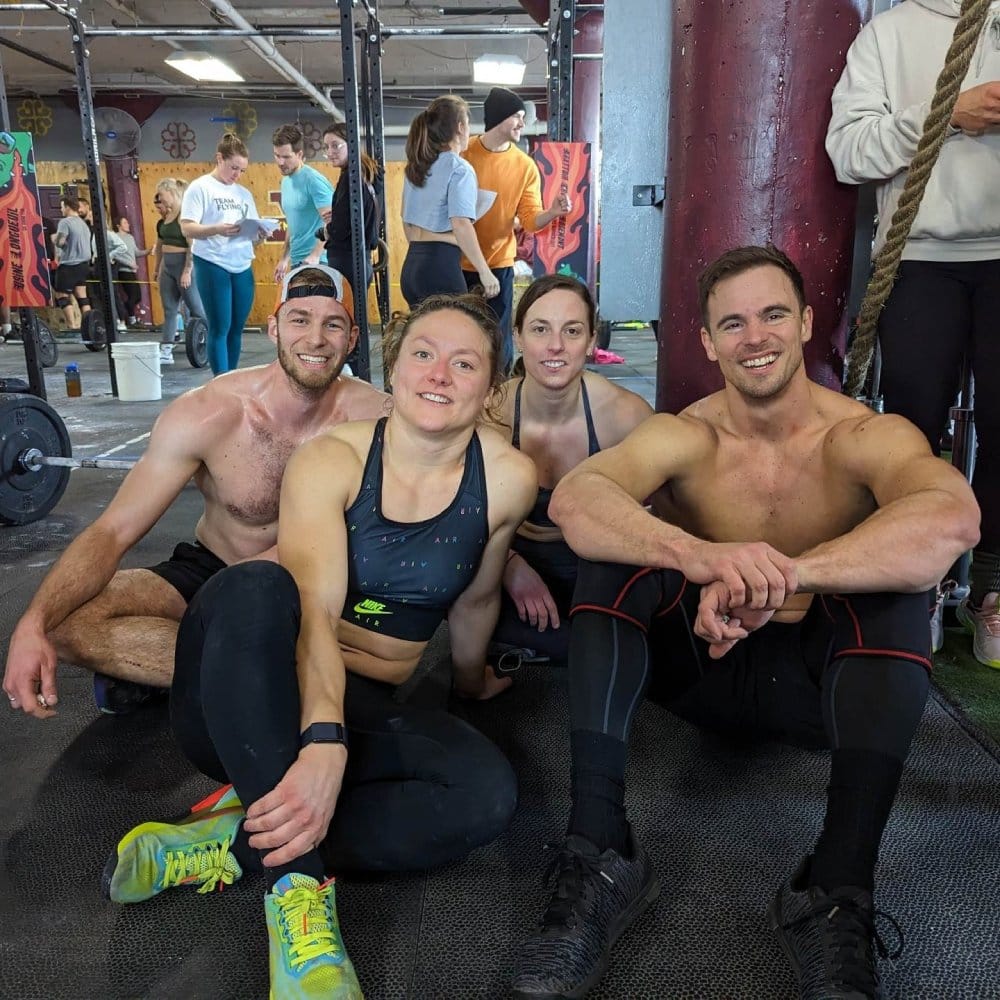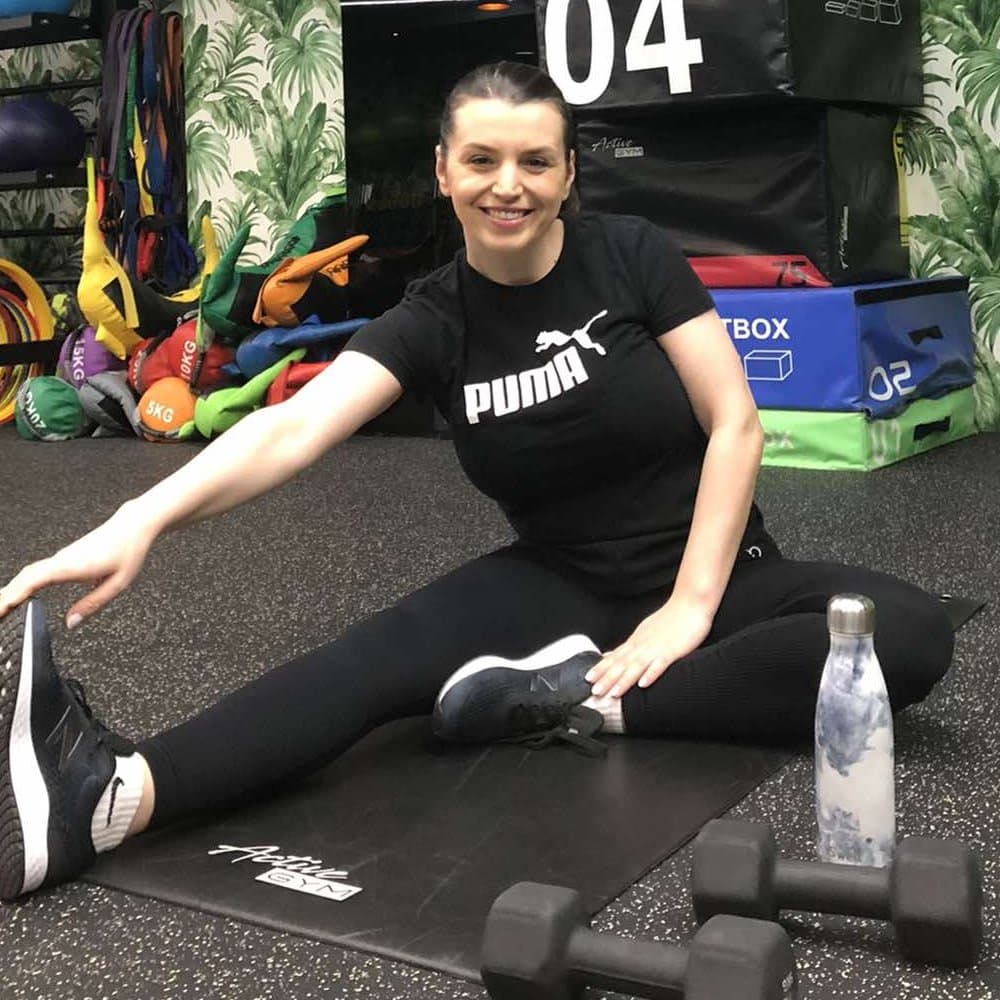




Latest Articles

Popular YouTuber Tests His Fitness After 4-Month Break: Here Are The Results
Have you ever taken a break from fitness, only to be shocked by how much strength you’ve lost? …
Interests
Introducing The Peak Past 50 Workout
Get Fitter in 90 Minutes Per Week
A proven workout designed for men over 50 to build muscle, shed fat, and reclaim your fitness (or your money back).
Shed Fat
Build muscle
Increase strength
Burn about 700 calories per session
Latest Reviews
Dumbbell, Training
The 4 Best Adjustable Dumbbells of 2024, According to Personal Trainers
Protein, Nutrition
Fueling Growing Athletes: The 5 Best Protein Powders for Teens
What’s BoxLife?
At BoxLife, our driving purpose every day is clear:
To empower the global community of CrossFit enthusiasts, helping them achieve their healthiest lives by providing top-tier content that educates, inspires, and entertains.
From insightful articles, training advice, and nutrition tips to community stories and product reviews, BoxLife is your ultimate companion in the world of CrossFit. Read more

Our Authors

Julien Raby
Owner
Julien owns BoxLife and has been actively involved in CrossFit since 2010. He’s a CrossFit Level 1 certified.

Damect Dominguez
Founder
Damect Dominguez is the esteemed founder of Boxlife Magazine and the writer behind “Training Day – 400+ original WODs“.

Steve Hoyles
Fitness Copywriter
With over two decades in the fitness sector, Steve Hoyles has evolved from a personal trainer and weightlifting coach to owning a prominent strength and conditioning facility in the UK.

Mauro Castillo
Crossfit Copywriter
Mauro Castillo embarked on his CrossFit journey in 2016, transitioning from a client to a coach, and eventually co-owning an affiliate with two colleagues from January 2020 to January 2022.

Ilinka Trenova
Product Review Copywriter
Ilinka Trenova is a passionate CrossFit enthusiast and an exceptional content creator with a decade of experience in both fields.




